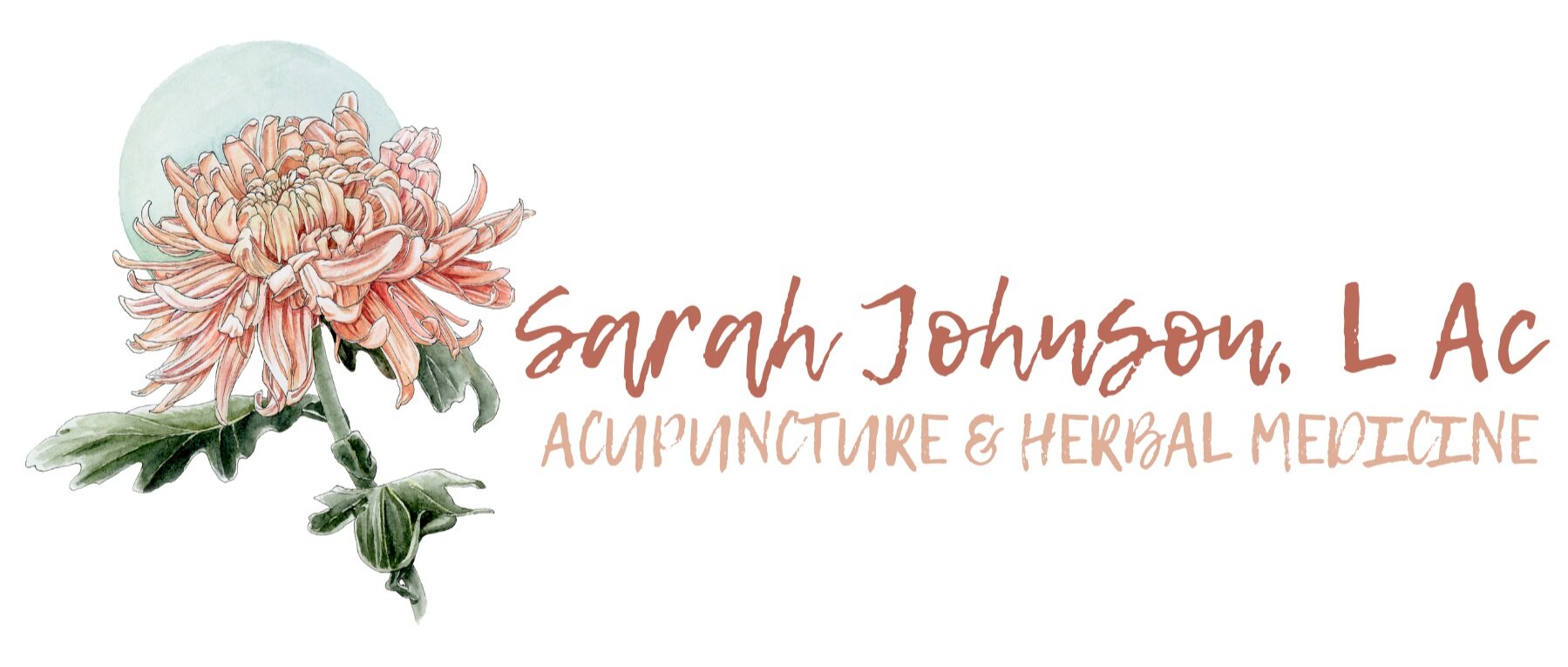Jing, Our Life Force: How To Nourish And Enhance Fertility And Longevity
In Traditional Chinese Medicine (TCM), Jing is considered one of the most vital substances for health and longevity. Often translated as “essence,” Jing is the foundational energy that fuels growth, development, reproduction, and life itself. Think of it as your body's deepest reservoir of vitality—precious, finite, and essential for your physical and spiritual well-being.
What Is Jing?
Jing is one of the Three Treasures in TCM, alongside Qi (energy) and Shen (spirit). While Qi moves and animates us and Shen governs consciousness and mental activity, Jing is the source of our life force—the substance that forms the basis of your being.
There are two types of Jing:
Prenatal Jing: Inherited from your parents at conception. It determines your basic constitution, vitality, and lifespan. This is stored in the kidneys and is finite—you can’t increase it, only conserve it.
Postnatal Jing: Derived from the air we breathe and the food we eat. It replenishes and supports Prenatal Jing but doesn't replace it.
What Happens When Jing Is Depleted?
Jing depletion can show up as:
Premature aging
Hair loss or graying
Weak bones and teeth
Fatigue or burnout
Poor memory and concentration
Fertility issues
Weak immune function
In TCM, preserving Jing is key to aging gracefully, maintaining long-term health, and creating life.
How to Protect and Nourish Your Jing
Since Prenatal Jing is limited, the goal is to protect it and nourish Postnatal Jing to keep your body thriving. Here's how:
1. Support Your Kidney Health
In TCM, the Kidneys are the storehouse of Jing. Keeping them strong helps safeguard your essence.
Avoid excessive sexual activity (a TCM perspective, especially for men).
Stay warm, especially around the lower back and feet.
Don’t overwork—mental or physical exhaustion depletes Kidney Jing.
2. Eat Jing-Nourishing Foods
Diet is a powerful way to support Postnatal Jing. Look for foods that are deeply nourishing and easy to digest.
Bone broth
Black sesame seeds
Goji berries
Walnuts, seaweed, black beans, kidney beans
Eggs, fish, and dark leafy greens
Oysters
Royal jelly
Bee pollen
Bone marrow
Nettle
3. Prioritize Rest and Restore with Sleep
Sleep is when the body repairs itself. Chronic sleep deprivation directly drains Jing. Follow the natural rhythms of day and night, and give yourself permission to rest.
4. Manage Stress Mindfully
Long-term stress exhausts the adrenals and kidneys, pulling from your Jing reserve. Incorporate gentle practices like:
Tai Chi or Qigong
Meditation
Deep breathing
Acupuncture and herbal therapy
5. Avoid Excessive Stimulation
Overuse of stimulants (like caffeine), screen time, and constant multitasking tax the nervous system and ultimately deplete essence.
Acupuncture and Jing
Points that support the Kidney are also used to tonify Jing. These points help you feel more grounded, restored, and recharged. In addition to acupuncture, your practitioner may prescribe herbal medicine to help depleted Jing.
Final Thoughts
Jing is your body's sacred reserve—your deep well of vitality that fuels your life’s journey. In our fast-paced world, it's easy to deplete it without even realizing. But with mindful living, nourishing food, rest, and holistic practices, you can protect your essence and cultivate lasting health and longevity.

